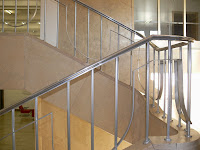
14 Ways to Prevent Falling at Home
EMERGENCIES due to falling happen 54% more often in dementia. As a rule, 1-in-3 adults over 65 fall each year. Most falls happen at home. Make a few simple changes and prevent falls.

EMERGENCIES due to falling happen 54% more often in dementia. As a rule, 1-in-3 adults over 65 fall each year. Most falls happen at home. Make a few simple changes and prevent falls.

Teresa Youngstrom is a registered nurse. She offers a quick tip for caregivers, friends and family when visiting or living with someone with dementia to help smooth the way. Watch now.

Getting in and out of a car’s passenger seat may not be simple, once dementia sets in. Learn the skills needed.
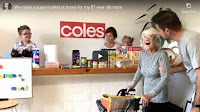
See joy shine in Mum, 87, despite Alzheimer’s, as her family transforms their home into Mum’s supermarket, stocked with grocery favorites.

Learn about The Alzheimer’s Society of Canada’s campaign to bust the stigma of dementia.
Discover 6 easy ways you can make a difference.

These 12 tips for talking to people with dementia can improve your conversations, help you get through and connect better.
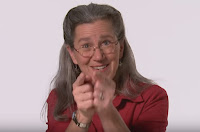
TEEPA CARE VIDEO:
Teepa Snow explains what to expect as dementia takes over the brain. Learn how our fascinating brains work and affect our behavior.

Stress is like a glass of water; we have to put it down for a while and rest before holding it again. Here’s how to do it.
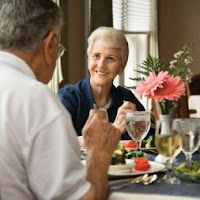
People with mild Alzheimer’s often enjoy places they enjoyed in the past – a favorite restaurant, parade, park, shopping mall, swimming pool, museum, or theater. It is good to keep going and it is smart to plan ahead. Learn how.

Check out the 12 top tips in working with people with dementia. Great for family caregivers, too!

A long, long time ago (1930), brains were smaller. Are today’s bigger brains connected to improvements in rates of dementia?

Kindness is more than deeds.
It is an attitude, an expression, a look, a touch.
It is anything that lifts another person.

When Kathy Mattea first sang, “Where’ve You Been”, she wondered to herself, “Do people want to hear this on the way to work?”

An intriguing study of 120 grandmothers might surprise you. Doctors know socially engaged people have better cognition and less dementia. But can a person get too much of a good thing? What’s the right balance?
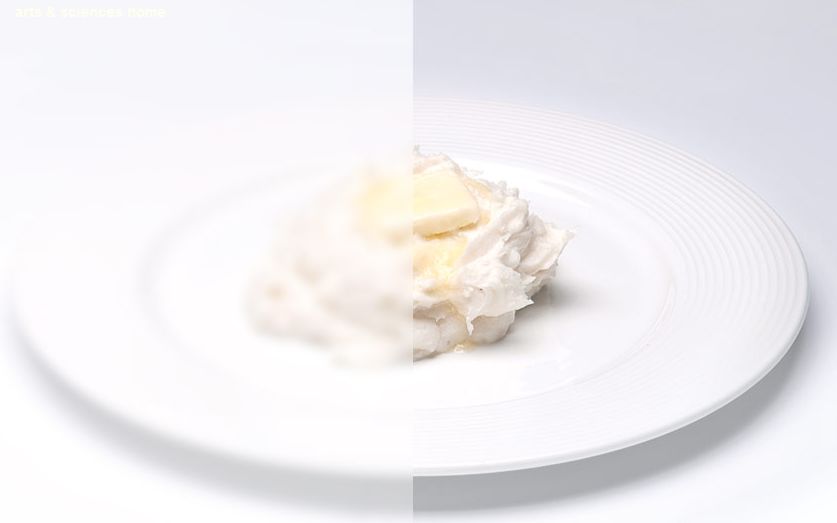
If you couldn’t see your mashed potatoes, you probably wouldn’t eat them. That’s why what “The Red Plate Study” found was astonishing! Alzheimer’s patients eating from red plates consumed 25 percent more food than those eating from white plates. Find out why.

Enjoy this great duet between a musician with dementia and his son. A triumph of spirit over Alzheimer’s! Sing-a-long if you like!

It looks like a sneeze cannot give anyone Alzheimer’s. While Alzheimer’s abnormal disease proteins do spread from cell-to-cell, they are not “infectious”. Check out the facts.
No spam, only news and updates.


